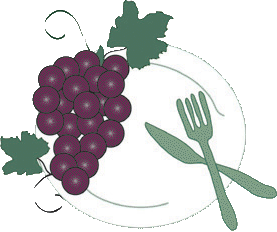
It started half a century ago, this modern Europe, precisely 50 years ago this weekend, with a series of documents collectively known as the Treaty of Rome. Signed by leaders of France, Germany, Italy, Belgium, Holland and Luxembourg, it created the legal framework for international economic cooperation--the European Common Market--and political integration--the European Union--which currently has 27 member nations.
Perhaps the most remarkable thing about the weekend is that there were no big celebrations. France is about to hold presidential elections; there's no consensus about the most fundamental issues of national identity. Divisions are internal and contemporary; they're no longer ancient, intractable disputes about borders.
Here in Strasbourg, there's a concrete symbol of unity. The Rhine itself, one of the most contentions borders in modern history, no longer divides enemies. France and Germany have become the twin pillars of a united Europe, and it's fitting that the river is now spanned by a graceful pedestrian bridge.
No passports to show, no border guards. You stroll through a park on the outskirts of town on the French side across the wide river to a well-kept, middle-class, residential neighborhood in Germany. No formal plaques with sanctimonious phrases are necessary. Dogs and children frolic. There's a bit of a chill in the air, but the bright sunshine of spring is forecast for tomorrow.
Posted by Ronald Holden at March 26, 2007 12:13 AM

The International Kitchen
Cooking school vacations in Italy, France & Spain.


 Who links to me?
Who links to me?